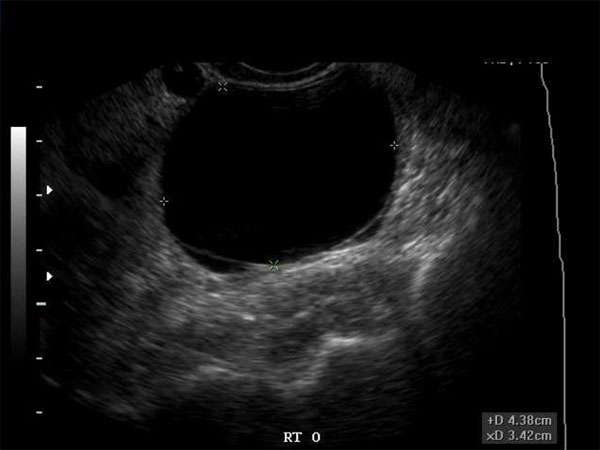ACCME: Empowering Healthcare Professionals through Continuing Medical Education
Introduction
Continuing Medical Education (CME) plays a vital role in the professional development of healthcare professionals, including sonographers, doctors (Radiologists, OB/GYN, Vascular Surgeons, Emergency Medicine, Family Practice, Internal Medicine, Orthopedic Surgery, Sports Medicine, Neurology, Cardiology), Nurse Practitioners, Physician Assistants, and other healthcare professionals. The Accreditation Council for Continuing Medical Education (ACCME) is at the forefront of ensuring high-quality CME programs that meet the evolving needs of these professionals.
What is ACCME?
The ACCME is a non-profit organization that sets the standards for CME in the United States. It is responsible for accrediting and monitoring organizations that provide CME activities. ACCME’s mission is to empower healthcare professionals by promoting lifelong learning, performance improvement, and patient safety.
Requirements for CME
ACCME has established strict requirements for CME activities to ensure their quality and relevance. These requirements include:
-
- Independence: CME activities must be free from commercial bias and influence.
-
- Relevance: CME activities should address the educational needs and gaps identified among healthcare professionals.
-
- Engagement: CME activities should be interactive and encourage active participation.
-
- Evaluation: CME providers must evaluate the impact of their activities on learners’ knowledge, competence, and performance.
-
- Continuous Improvement: CME providers must engage in ongoing self-assessment and improvement to meet the changing needs of healthcare professionals.
The Importance of CME
CME is crucial for healthcare professionals to stay up-to-date with the latest advancements in their fields. Medical knowledge and practices are constantly evolving, and it is essential for healthcare professionals to continuously enhance their skills and knowledge to provide the best possible care to patients. CME allows professionals to learn about new diagnostic techniques, treatment options, guidelines, and research findings.
Furthermore, CME helps healthcare professionals meet licensing requirements and maintain their professional certifications. Many regulatory bodies and professional organizations require a certain number of CME credits to be earned within a specific timeframe for license renewal or certification maintenance.
Engaging in CME activities also allows healthcare professionals to network with peers, exchange ideas, and learn from each other’s experiences. This collaboration fosters a supportive community of professionals dedicated to providing high-quality patient care.
Conclusion
ACCME plays a pivotal role in empowering healthcare professionals through its accreditation and monitoring of CME activities. By setting high standards and ensuring the quality and relevance of CME programs, ACCME enables healthcare professionals to continuously improve their knowledge, skills, and patient care. It is through CME that healthcare professionals can stay at the forefront of their fields, ultimately benefiting both themselves and their patients.
Keywords: ACCME, Continuing Medical Education, CME requirements, importance of CME, healthcare professionals, sonographers, doctors, nurse practitioners, physician assistants






